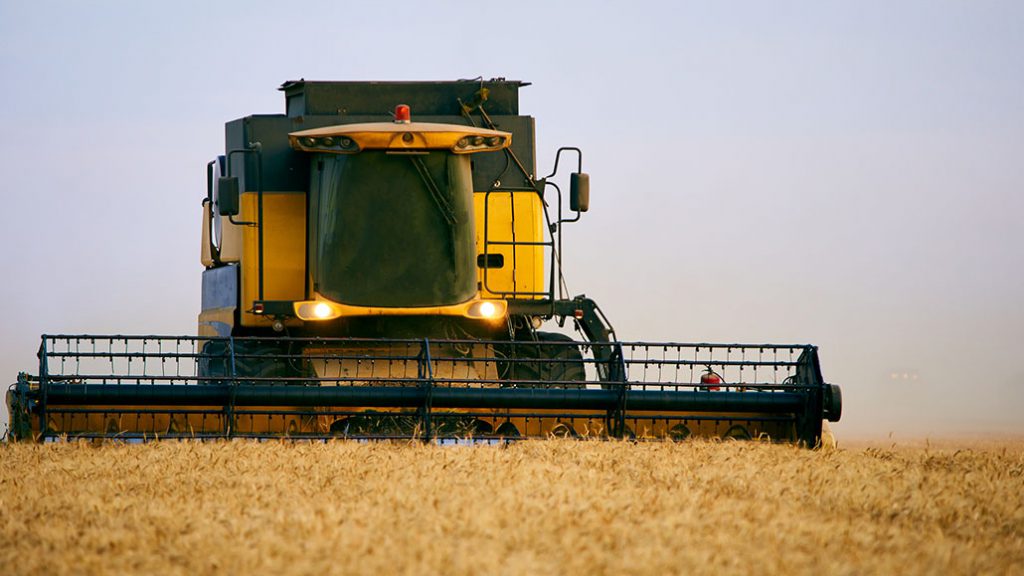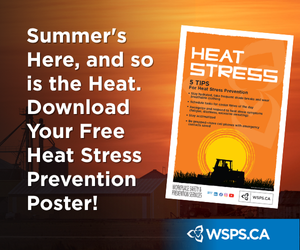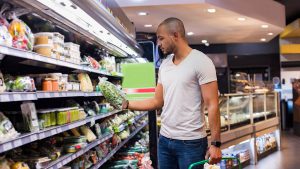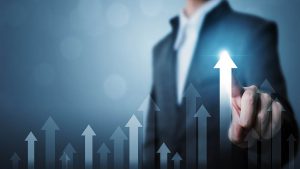Lease or buy
EQUIPMENT ACQUISITIONS

HIGHER STICKER PRICES and the potential for tax savings have contributed to the increasing popularity of equipment leasing.
Whether it’s preferred to buying machinery outright, however, depends on a farm’s cash flow reality and longer-term business goals.
Farm finance experts say the decision to buy or lease should not be made with tax considerations alone. Indeed, the latter does not necessarily save more than the former, contrary to commonly held beliefs.
“Leasing is all about maximizing cash flow. That’s why people do it. The argument for tax doesn’t work,” says Lance Stockbrugger, a Saskatchewan grain farmer, accountant, and financial speaker.
His experience as an advisor suggests a large proportion of farmers believe the tax-reducing benefits of leasing — what is essentially renting equipment for a set period of time or number of hours — are inherently better than the write-offs available after purchasing. Combined with no requirements for an upfront lump sum, the desire for updated technology, and other factors, it’s easy to see why leasing is such a popular strategy.
Recent changes to the capital cost allowance, however, provides farmers with an option to accelerate how much of an equipment’s value they can write-off in the first year of ownership. This additional 50 per cent value essentially front-loads tax deductions, subsequently reducing deductions in future years. That makes purchasing a more tax-friendly strategy in the short term.
“Assuming leasing is going to be better for tax is invalid; if it was cheaper to get into that’s fine,” says Stockbrugger.
Dale Hawker, senior tax manager with RLB in Guelph, says the federal government, rather than reducing tax rates generally, introduced the change in response to the United States lowering corporate tax rates.
“The other thing is you get the deduction for the interest on the loan,” he says. “There’s no limitations unless it’s a passenger vehicle.”
There are also tax considerations should someone choose to buy a piece of equipment after a lease period.
“Say you bought a $100,000 combine on a five-year lease. By the end you’ve paid the whole amount and buy it for a dollar. A year later you sell it for $60,000. You will have to pay tax on that,” says Hawker.
When one takes out a loan and sells the asset, there is some recapture of capital cost allowance up to the original cost or proceeds received, whichever is lower.
“The recapture of $60,000 is $20,000, which is the difference making up the $40,000 loss from the original price of the machine. It’s just something to watch for from a tax perspective.”
Critically, Hawker says it’s important to remember taxes are not static, and rules giving preferential treatment to farmers can be rescinded at any time. This is another reason the decision to purchase or lease should not be made on tax considerations alone.
UNDERSTAND THE CONTRACT
The devil can be in the details for both purchase and lease agreements.
Farmers should know if there are hour or acreage limits when leasing, and what it will cost if they go over the limit. Reclamation costs — that is, what shape does the machine have to be in upon return — is another consideration.
“That’s a question people have to ask. If it’s in poor shape and it says it has to be ready for use, you might have some repair costs,” says Stockbrugger.
“Those are where the horror stories come from.”
Remember to negotiate, too. Doing so can provide better lease terms, as well as more favourable interest rates at financing. Stockbrugger says it’s important not to let the prospect of tax deductions hide unnecessarily high rates.
“Typically interest rates are comparable to a loan on large equipment, though not always. Payments can be made both on loans and leases pretty much however you want, but it’s a negotiation term,” he says.
“There is some negotiation on buyout or residual value at end of a lease. But residual value has to represent the fair market value of the equipment at that time.”
EQUITY OR FLEXIBILITY?
Purchasing equipment typically builds equity. Leasing does not, though it can provide greater financial and equipment-selection flexibility. Stockbrugger says which option is more important will depend on what a person’s circumstances, preferences, and business plan are.
In cases where farmers are unsure whether to commit to a major purchase, for example, trying something for a lease period can help determine if such an investment makes good business sense.
“Leasing can get you into a cycle that’s hard to get out of, but it’s not a bad scenario if you know you will get your equity out of it in that time. Just understand you don’t have that equity after the set period,” he says.
Hawker stresses the main issue is cash flow — mainly, whether a business can or can’t pay a lump sum and finance. Many of his Wellington County clients, for example, operate smaller farms where monthly cash flow is limited.
“On a monthly basis can you afford the lease payment, or the financing payment if you’re in a loan? That should drive the decision,” he says. •





















